Are Dell laptops good? And should you buy one?
Dell ships a huge range of portable computers, but which is the best, and are you getting value for money?
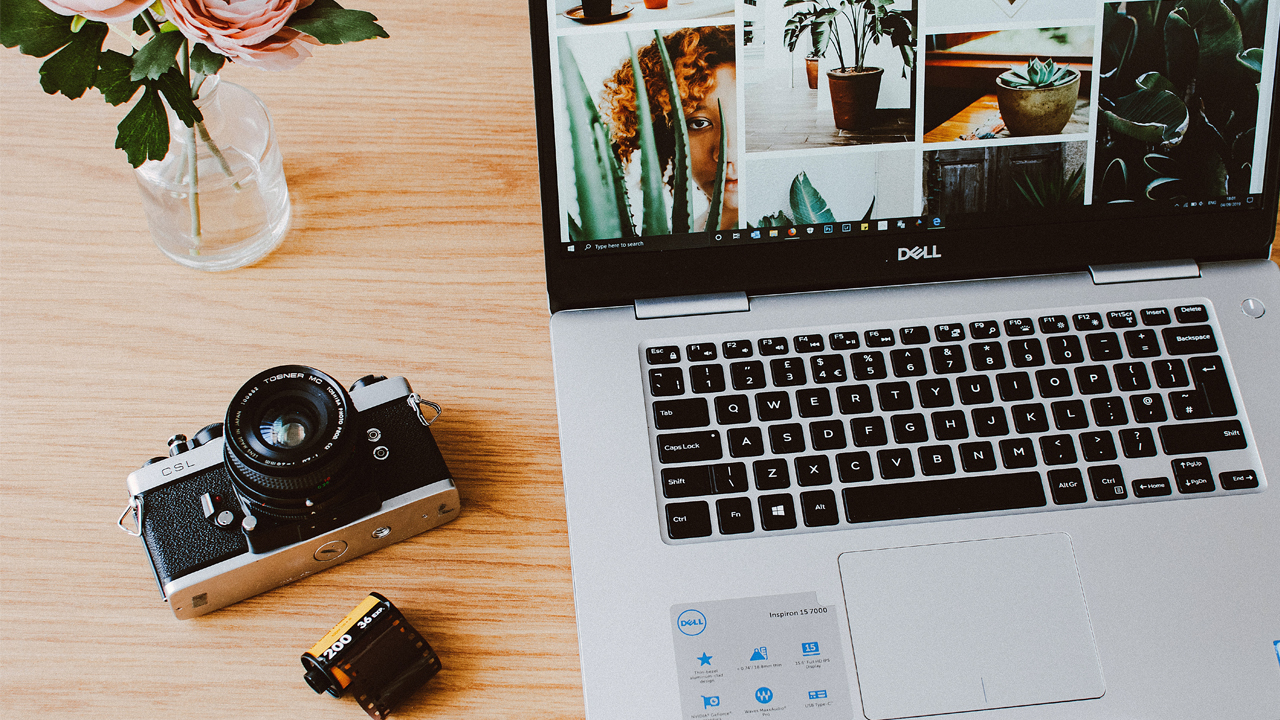
Dell has been making computers since 1984, and is one of the largest technology companies in the world and the world’s third largest computer vendor. Alongside laptops, it sells desktop PCs, servers, networking and data storage devices, and even TVs, cameras, and software. It features heavily in our list of the best home computers and the best laptops, and it makes some excellent PCs.
It’s a company that does more than shift boxes, however. It’s direct sales approach and build-to-order model - where customers choose the precise specifications of the computers they buy directly from Dell itself - have been both innovative and influential. As a large company that depends on mail order, it also has decent customer service, with the ability to simply return a faulty PC for replacement.
Considering all that, its laptops should be good. But there’s more to producing good portable PCs than a decent supply chain. Dell’s range of laptops covers everything from svelte thin-and-light models to two-in-one touchscreen-equipped laptops, to powerful ultrabooks and more. They’re the backbone of many businesses, and popular with gamers (Dell owns Alienware) and creative types too.
What PCs do Dell actually make?
The Dell range is broken up by its brand names. Generally speaking, the Dell Inspirons are at the lower end of the range, while the Dell XPS machines are the top end, with the Alienware PCs hived off for gamers. There’s also a G-series of gaming laptops, which slots in underneath Alienware. Don’t be put off by something being branded a gaming laptop - to play the latest games, a laptop needs fast, powerful processors, speedy storage and lots of RAM, all things that make a laptop attractive for serious workers. If you can look past the sometimes-garish gaming branding and poor battery life of such devices, then a gaming laptop can make an excellent creative workstation.
There are Latitude laptops too, which go heavy on the design aspects, rivalling Apple at times for their good looks, and a Precision range of mobile workstations aimed at power users. Choosing the best Dell laptop for you means identifying how much power you need for the jobs you’re likely to be doing, deciding how much you want to pay for it, then throwing in a bit of future-proofing so you’re not making the same decision again in two years’ time. It’s a huge range, and it can be difficult to narrow down what’s best for your needs, so take a look at some of these and see if they fit the bill.
What Dell PCs do we recommend?
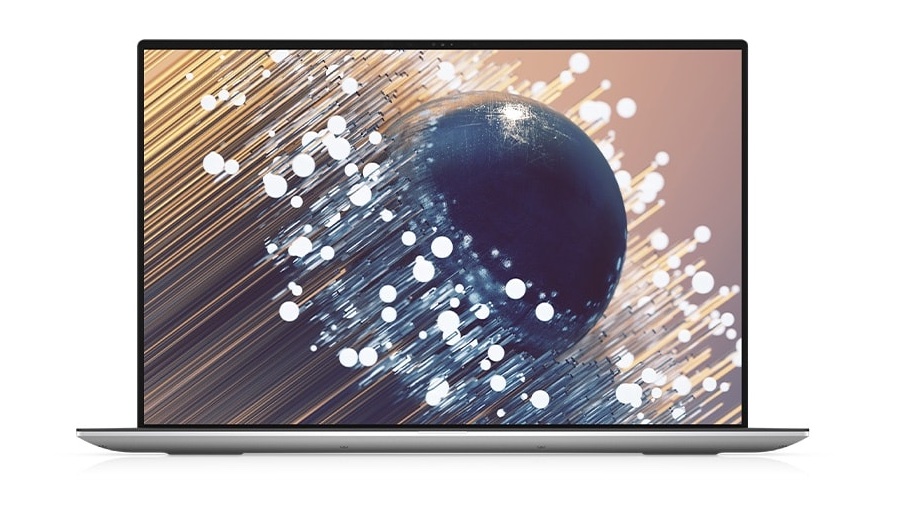
DELL XPS 17 (2020)
This is the laptop we’d all own if we could possibly afford it. Having a 17-inch screen is unusual in a laptop these days, and at over 2kg we’d wager it takes a certain kind of lap (a big, strong one) to support it. More useful as a desktop replacement, you can spec it up with powerful processors and up to 64GB of RAM, and there are four Thunderbolt 3 ports on the edge to communicate with fast external storage and huge monitors. You’ll certainly pay for the privilege, but owning an XPS 17 brings a level of prestige few others can match, especially as the screen in these machines is so, so good.
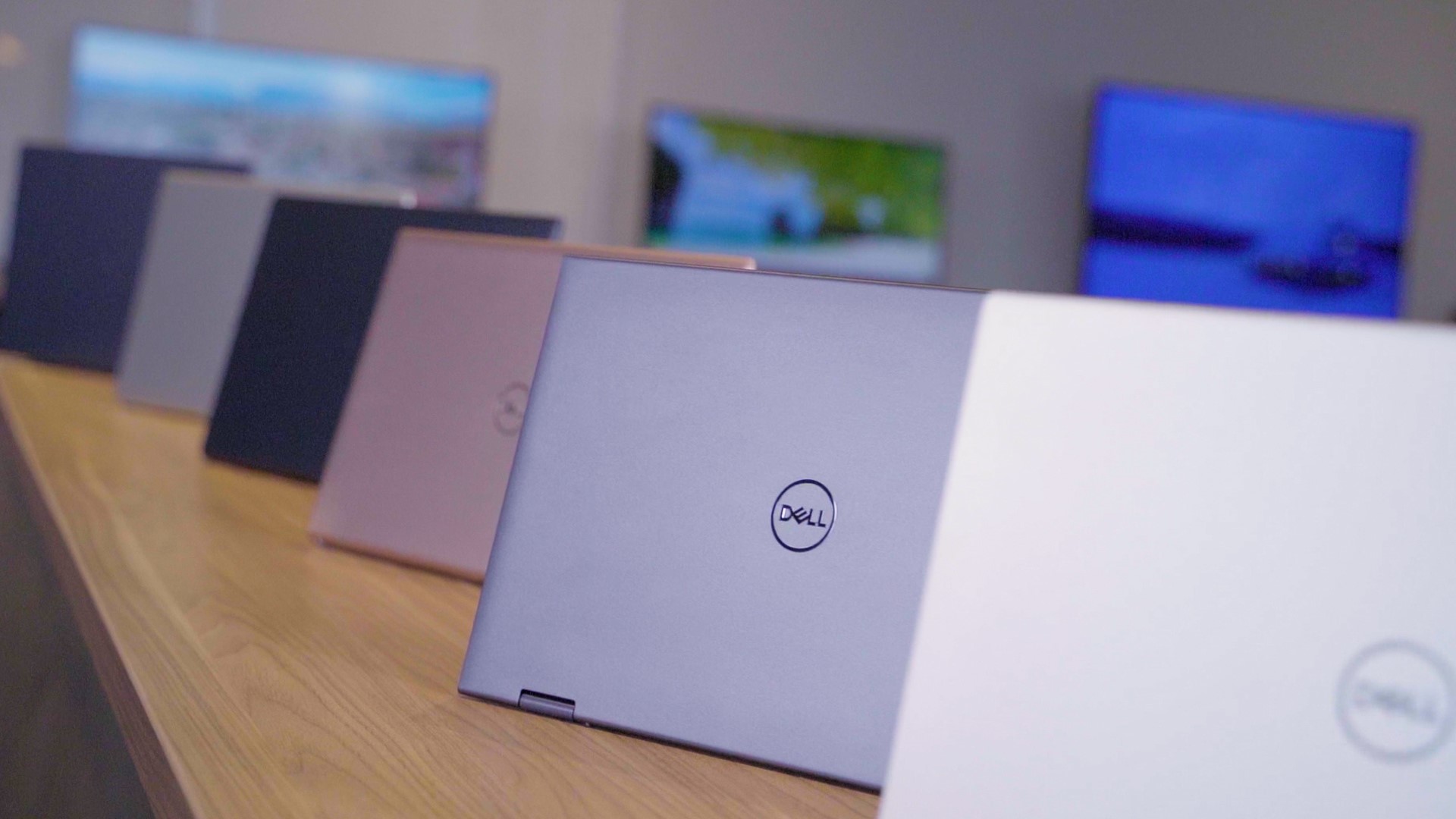
DELL INSPIRON 15 3000
At the other end of the Dell spectrum, this is a great budget laptop that starts out very cheap before you start adding optional extras, yet still manages to fit in an Intel Core i3 11th-gen CPU, an NVMe SSD, and a 15in display. It’s worth speccing it up at least two levels, however, as the cheapest two come with Windows 10 S, a ‘streamlined’ version of the OS that only allows you to install apps from the Microsoft Store. This locks out a lot of software, including Apple’s iTunes and the Chrome browser, until they’re available from the Store. The benefits of S include being very fast to startup, so if you’re happy with Edge, dive in.
Sign up to receive the latest news, reviews, buying guides and deals direct to your inbox
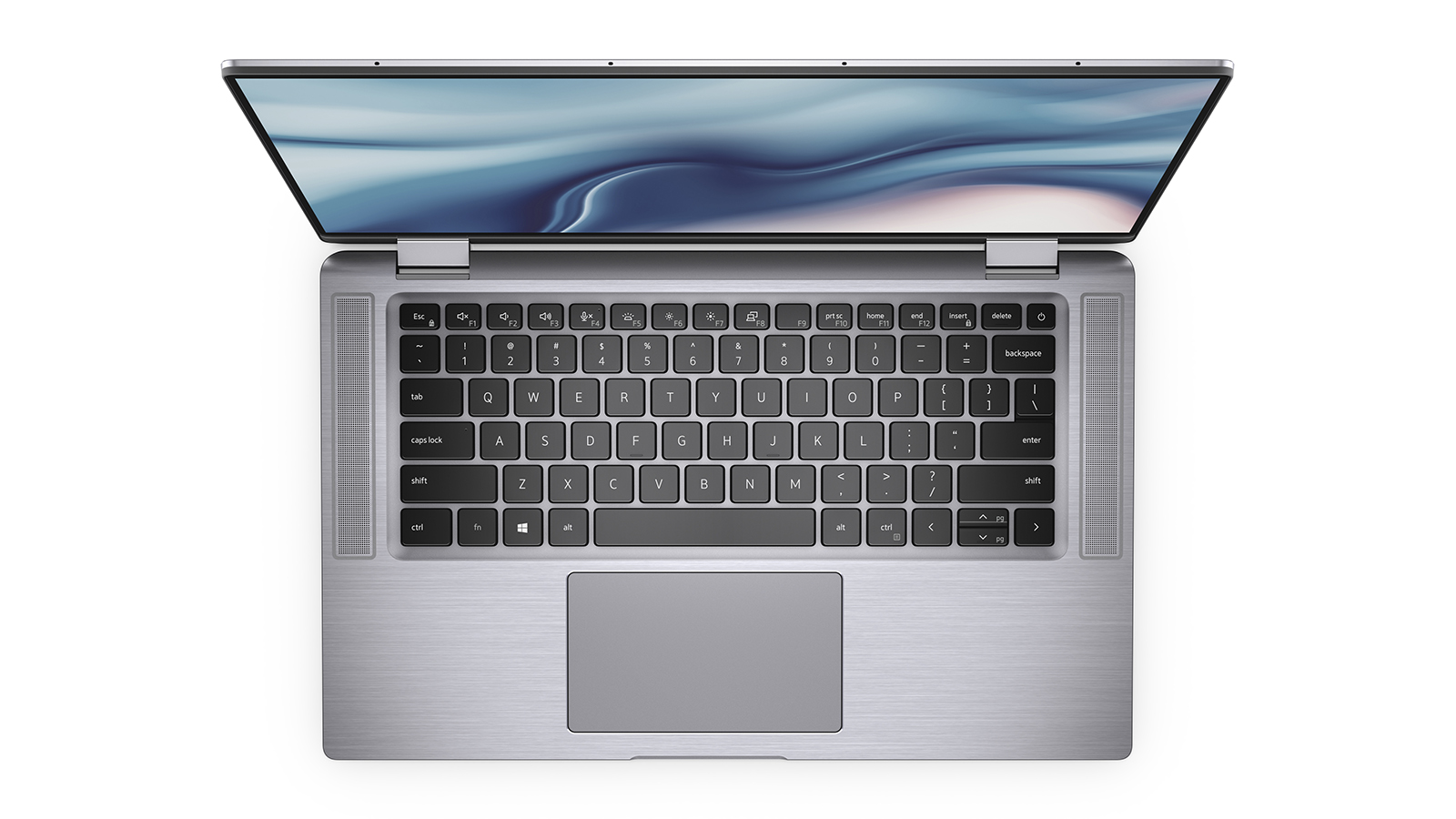
DELL LATITUDE 9510
Close to looking like a MacBook Pro, but running Windows 10, This Latitude gets 10th-gen Intel processors and up to 16GB of RAM to keep business things ticking over nicely. One of the best things about this laptop is its all-day battery life, which means you’re almost never tethered to a plug socket, and can work from your favorite coffee shop or park bench (there’s an optional 5G SIM to enable that too).
The only thing it can’t handle is gaming, but it was never really meant to. Be warned though, once you start speccing it up, the price can rise quite alarmingly.
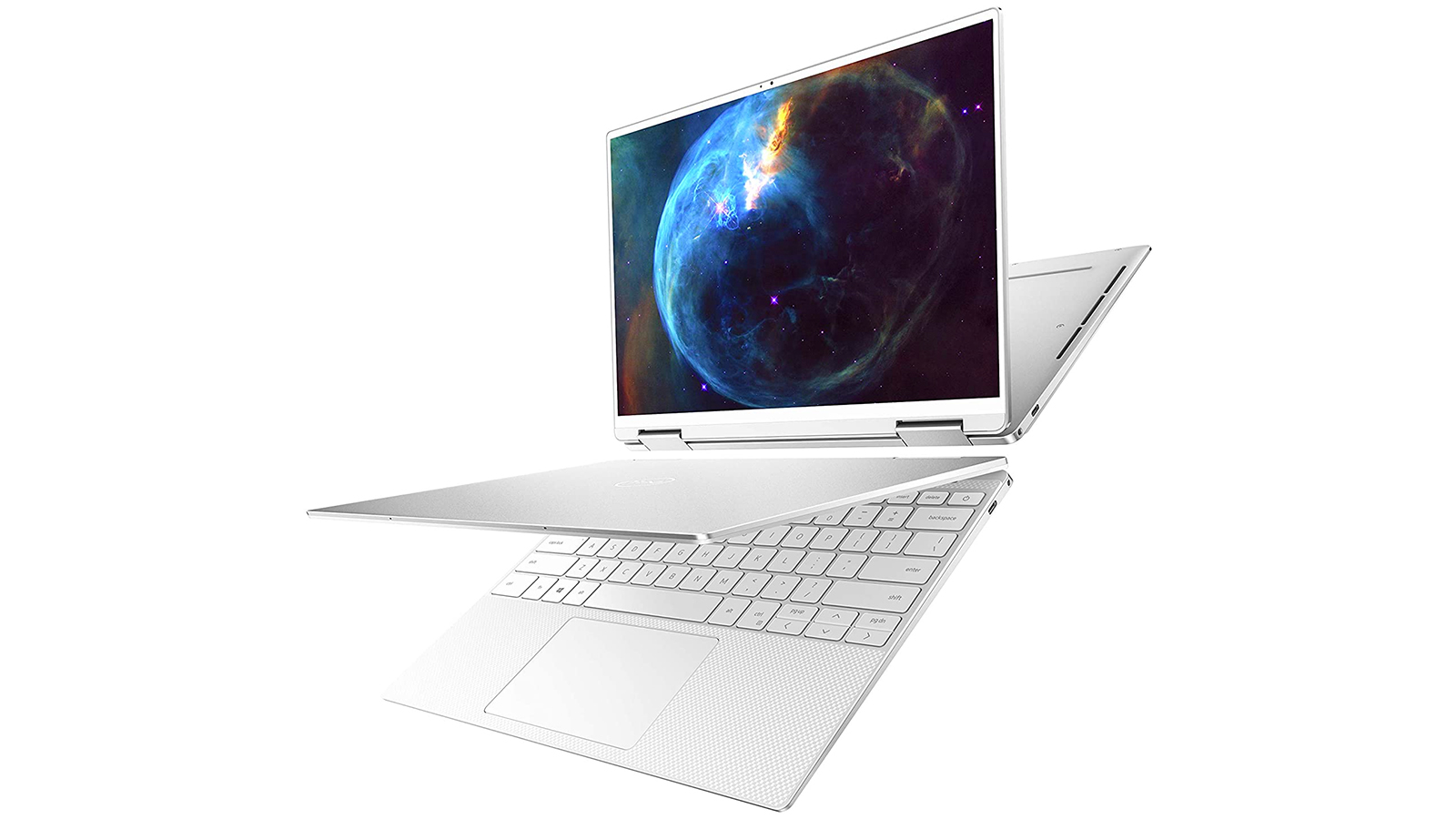
DELL XPS 13 2-IN-1 (2020)
The best of Dell’s 2-in-1 machines that fold back on themselves to provide a quasi-tablet experience using just their touchscreens. The 2-in-1 option is also available in the Inspiron range, but the XPS 13 has the better styling and can be fitted with more RAM and storage. Folding a laptop screen backwards in this way is a compromise, and we prefer the 13-inch screen of the XPS to the 15-incher on the Inspiron, as it means it’s lighter and easier to get your fingers around, but neither is really comparable to using a pure tablet computer. That won’t be true for everyone, but for sheer versatility this XPS model is hard to beat.
Want more computing advice? We look at Dell vs HP and compare the big brands, and we also have a guide to the best laptops for college, to help you get a student computer.
Ian has been a journalist for 20 years. He's written for magazines and websites on subjects such as video games, technology, PC hardware, popular (and unpopular) science, gardening and astronomy. In his spare time he has a pet tortoise and grows his own vegetables. He also has a passion for cameras and photography, and has written for TTR on these subjects.
